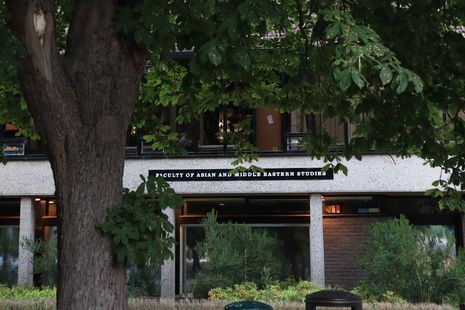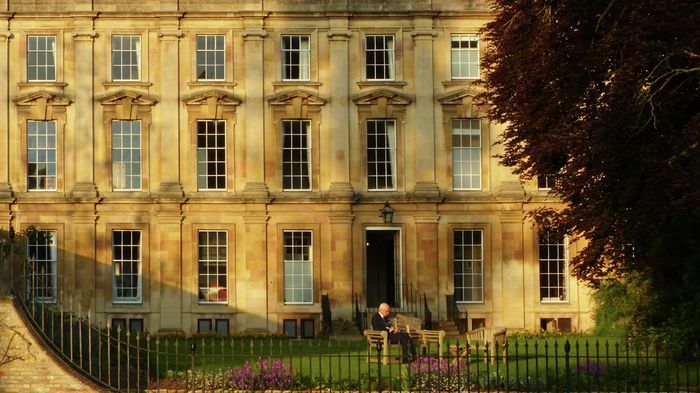Researchers to uncover forgotten Sanskrit scholars of colonial India
Cambridge-led research rewrites our understanding of the British colonial impact on Sanskrit scholarship in India

A Cambridge-led research project is set to reveal how Sanskrit scholarship survived under British expansion in India, uncovering the lives and works of “pundits” who kept India’s classical literary tradition alive in rural Southern settlements.
It has long been assumed that the rise of British power from the seventeenth century stifled Sanskrit learning.
However, researchers behind the new initiative argue that the two centuries before the British Raj marked a flourishing period of intellectual life, with hundreds of scholars working in dispersed Brahmin settlements (agrahāra) and monasteries (maṭha) across the countryside.
The five-year project, funded by the Arts and Humanities Research Council (AHRC), will conduct the first extensive survey of these sites in the Kaveri Delta region of Tamil Nadu, once a major centre of Sanskrit learning.
“There were literary geniuses among these men, historically significant figures, but many people in India don’t know them,” said Selwyn College’s Dr Jonathan Duquette, the project’s lead investigator from Cambridge’s Faculty of Asian and Middle Eastern Studies.
He continued: “We will study texts that have never been translated or printed, and may even find works unknown to Western or Indian scholarship.”
The settlements, a long-standing feature of Tamil society, expanded from the fourteenth century and thrived under the Maratha Bhonsle dynasty between 1650 and 1800.
Brahmin scholars were granted land in perpetuity, exempt from tax, and enjoyed a security that allowed them to focus on intellectual and artistic pursuits.
In return, many composed poems and plays celebrating their patrons. For example, Shahaji Bhonsle, a seventeenth-century ruler and poet himself, was depicted in Sanskrit works as both a generous patron and an accomplished lover.
Dr Duquette and his team aim to identify at least twenty settlements of major intellectual importance, tracing links between scholars, temples, monasteries, and royal courts.
They plan on combining archival research with field visits to map the villages’ structures and meet the descendants of their founders.
“These settlements have been in decline since the early twentieth century,” Dr Duquette said. “Many Brahmins have moved away and buildings have been sold, but some descendants remain. We want to understand their legacy and make it better known.”
“There is an assumption that Sanskrit culture was confined to royal courts and cosmopolitan centres,” he added. “Our project will show that it also had a vibrant life in the countryside, in dialogue with Tamil scholarship.”
The project, titled ‘Beyond the Court’, comes as Cambridge’s Faculty of Asian and Middle Eastern Studies seeks funding to strengthen research in Sanskrit and pre-modern Indo-Persian studies.
 Comment / The (Dys)functions of student politics at Cambridge19 January 2026
Comment / The (Dys)functions of student politics at Cambridge19 January 2026 Arts / Exploring Cambridge’s modernist architecture20 January 2026
Arts / Exploring Cambridge’s modernist architecture20 January 2026 Theatre / The ETG’s Comedy of Errors is flawless21 January 2026
Theatre / The ETG’s Comedy of Errors is flawless21 January 2026 Features / Exploring Cambridge’s past, present, and future18 January 2026
Features / Exploring Cambridge’s past, present, and future18 January 2026 News / Local business in trademark battle with Uni over use of ‘Cambridge’17 January 2026
News / Local business in trademark battle with Uni over use of ‘Cambridge’17 January 2026










